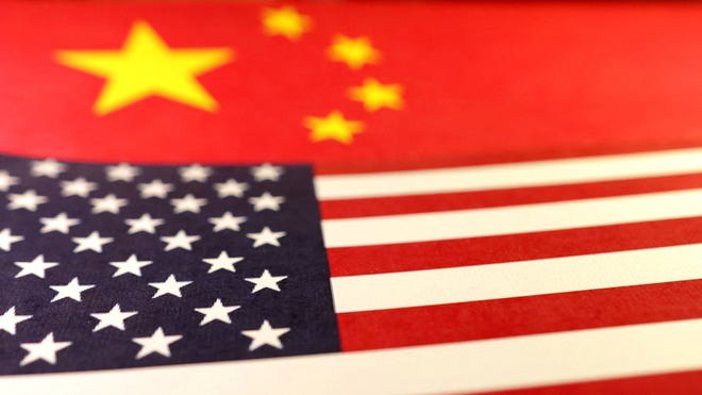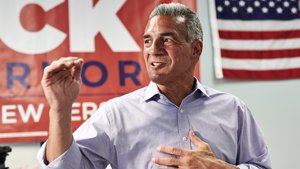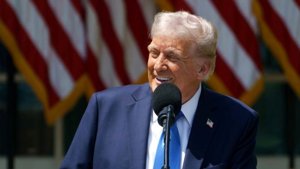
US, China Slash Tariffs, Resume Talks
The United States and China have agreed to temporarily reduce tariffs on each other’s goods, marking a significant step in easing trade tensions. According to a joint statement released on Monday, Washington will lower tariffs on Chinese imports from 145% to 30% for 90 days, while Beijing will cut its duties on US goods from 125% to 10% during the same period.
US Treasury Secretary Scott Bessent confirmed the agreement, stating that both sides have “substantially moved down the tariff levels” and are committed to continuing economic cooperation. “Neither Washington nor Beijing wants decoupling,” Bessent emphasized, though he noted the US seeks a more balanced trade relationship with China.
The tariff reduction was reached during meetings in Geneva, Switzerland, where delegations from both nations expressed satisfaction with the progress. The agreement also includes the establishment of a mechanism to maintain ongoing discussions and address remaining trade issues.
Bessent revealed that the next round of talks is expected within weeks, focusing on a broader trade agreement and reducing non-tariff barriers. He expressed optimism about China’s openness to purchasing more US goods and tackling the fentanyl crisis, which has been a key concern for Washington.
Additionally, White House Press Secretary Karoline Leavitt confirmed that the discussions touched on resuming China’s rare earth exports to the US, which were previously halted in retaliation for US tariffs. Leavitt also addressed reports regarding a Boeing 747-8 jumbo jet donation from Qatar to the US, dismissing concerns about the gesture’s implications.
US Trade Representative Jamieson Greer clarified that despite the tariff reductions, the global 10% US tariff and other trade measures from the first Trump administration, including those targeting the fentanyl trade, will remain in effect.
The latest developments highlight a mutual interest in de-escalating trade tensions while working toward a more comprehensive and balanced economic partnership. Both nations appear committed to finding common ground through continued dialogue.






